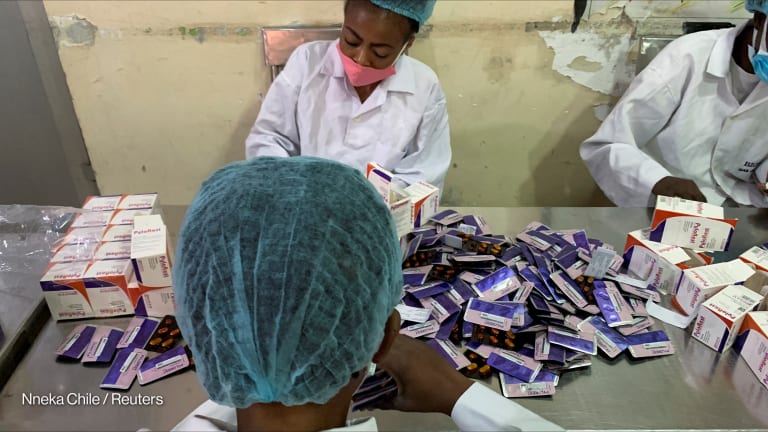The U.K. Department for International Development has launched its first ever economic development strategy, outlining DfID’s collaboration with other government departments and formally linking DfID’s 20-year mandate to reduce poverty with the more recent commitment to improve relations with “the U.K.’s trading partners of the future.”
While the strategy will not increase the amount of money DfID spends on economic development — currently about 1.8 billion pounds per year — two shifts in how the government finances international development will shape the new approach: the recapitalization of DfID’s private investment arm and the U.K.’s exit from the European Union.
“The U.K.’s exit from the European Union creates a unique opportunity to build up a comprehensive package bringing together U.K. trade policy, aid that unlocks barriers to trade and investment promotion to reduce poverty,” reads a section of the document titled “Advancing trade and prosperity.”








